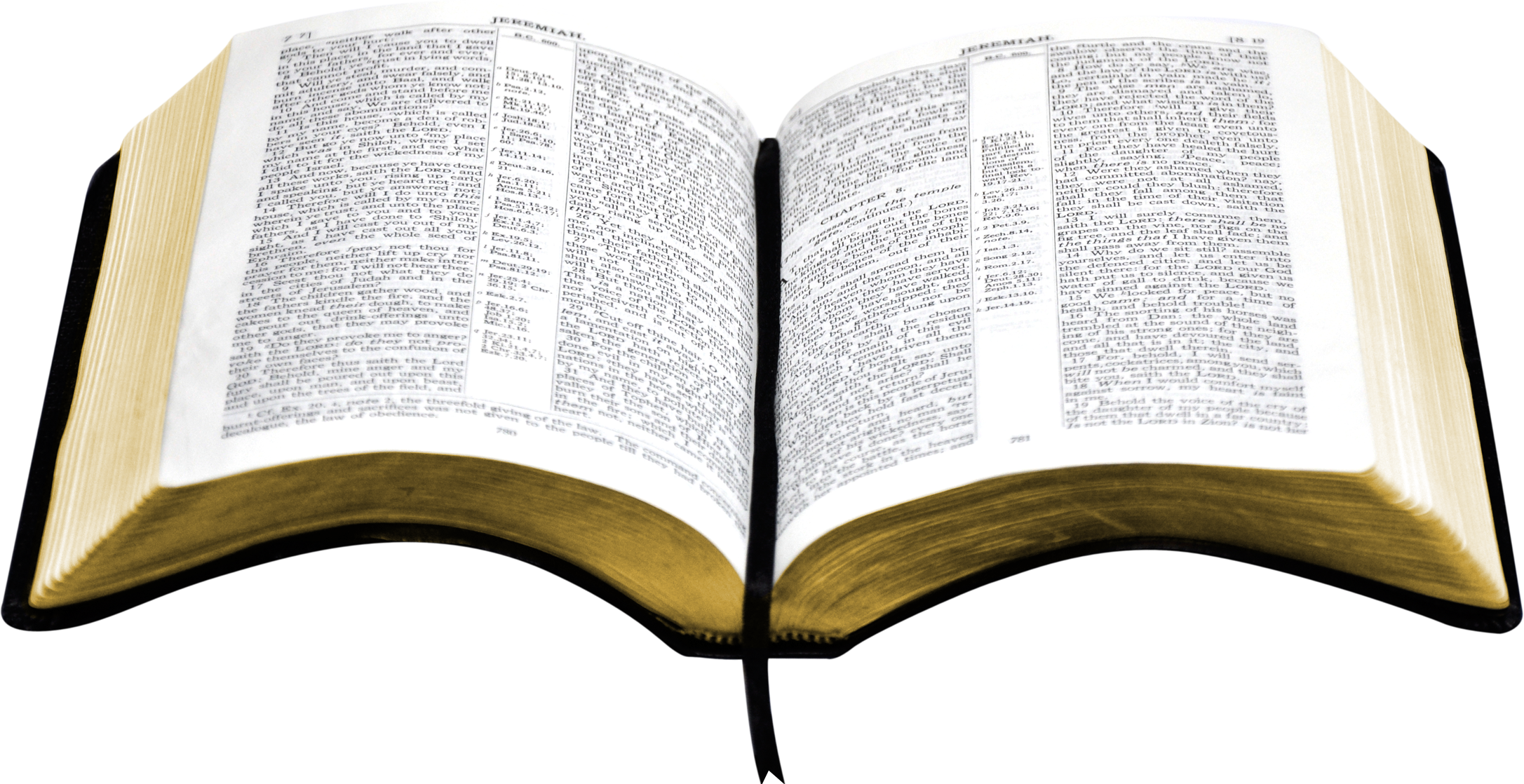
The Bible teaches about its own content, saying ‘All Scripture is inspired by God’ (2 Timothy 3:16). In other words, the Holy Spirit of God is somehow responsible for the transmission of messages from God.
It is unwise to treat the Bible as an example of ‘divine dictation’. Rather, the Holy Spirit has somehow used human beings as his medium during its composition. We know the names of many of these people: Saint Paul wrote many letters to early churches; Saint John wrote a gospel as a memorial for his community in Ephesus; King David wrote scores of songs that we treasure today as the Psalms.
Although God inspired these writings, somehow the personality of each writer has been retained: their personalities shine through the text.
Seek by reading, and you will find meditation; cry in prayer, and the door will be opened in contemplation.
St John of the Cross
The monks of long ago taught that God not only inspired the scriptures but also left something of Himself embedded deep in the text, thereby facilitating their interpretation. So, even if a passage of scripture seems opaque and difficult to understand, we have access to the Holy Spirit, its author. If we ask him then, with care and meditation, he will divulge something of its meaning. The monks called this means of access lectio divina—literally, ‘divine reading.’
Lectio divina is a form of prayer. In this prayer, the person praying first tries to centre both soul and mind on God. When we feel close to God, we start reading a passage of scripture. Generally, it is wise to choose a short passage, which is then read slowly and meditatively, again and again and again. A recent writer uses the following metaphor,‘I pop a text in my mouth and chew on it a little to let out the full flavour’.
Sometimes nothing happens. Perhaps it was the wrong passage for us today. Perhaps we were distracted, or simply not in the mood. But at other times, a word or short phrase slowly assumes greater importance. It somehow speaks of God, gradually resonating with something deep within us. ‘Deep calls to deep’ (Psalm 42:7) and the Holy Spirit has somehow communicated something of himself to us today, which gives the passage a greater meaning.
If time permits, it is best to read a passage until its ‘exhausted’—that is, until it has stopped yielding its secrets, at least for the time being.
Exercise
Read one or more of the passages below or, if you prefer,
another favourite passage. Read it very slowly, savouring each and
every word. Then slowly re-read it three or four times. Which words
begin to resonate for you, ‘jumping off the page’? Which image(s) in the passage speak to you, today?
- God wants us to worship Him with acts of justice: Isaiah 58:6–9 (In this passage, Isaiah uses ‘fasting’ as one example of a religious practice.)
- A prayer of longing to understand God: Psalm 119:33–40.
- St Paul describes life in the Spirit: Romans 8:1–9.
- John commands us
to love:
1 John
3:18–22.
No comments:
Post a Comment